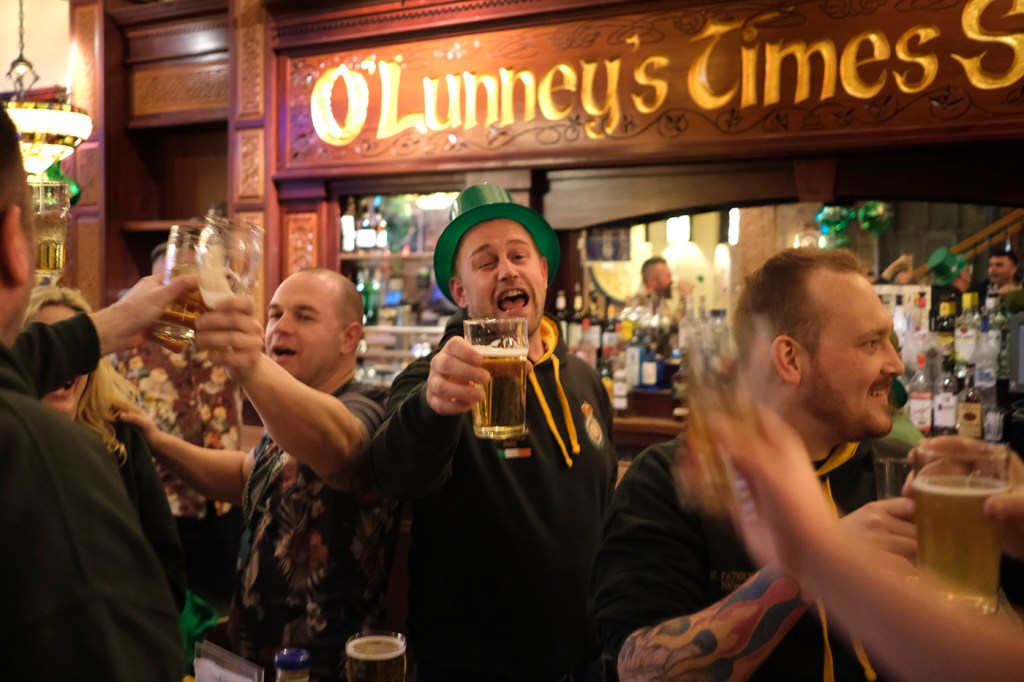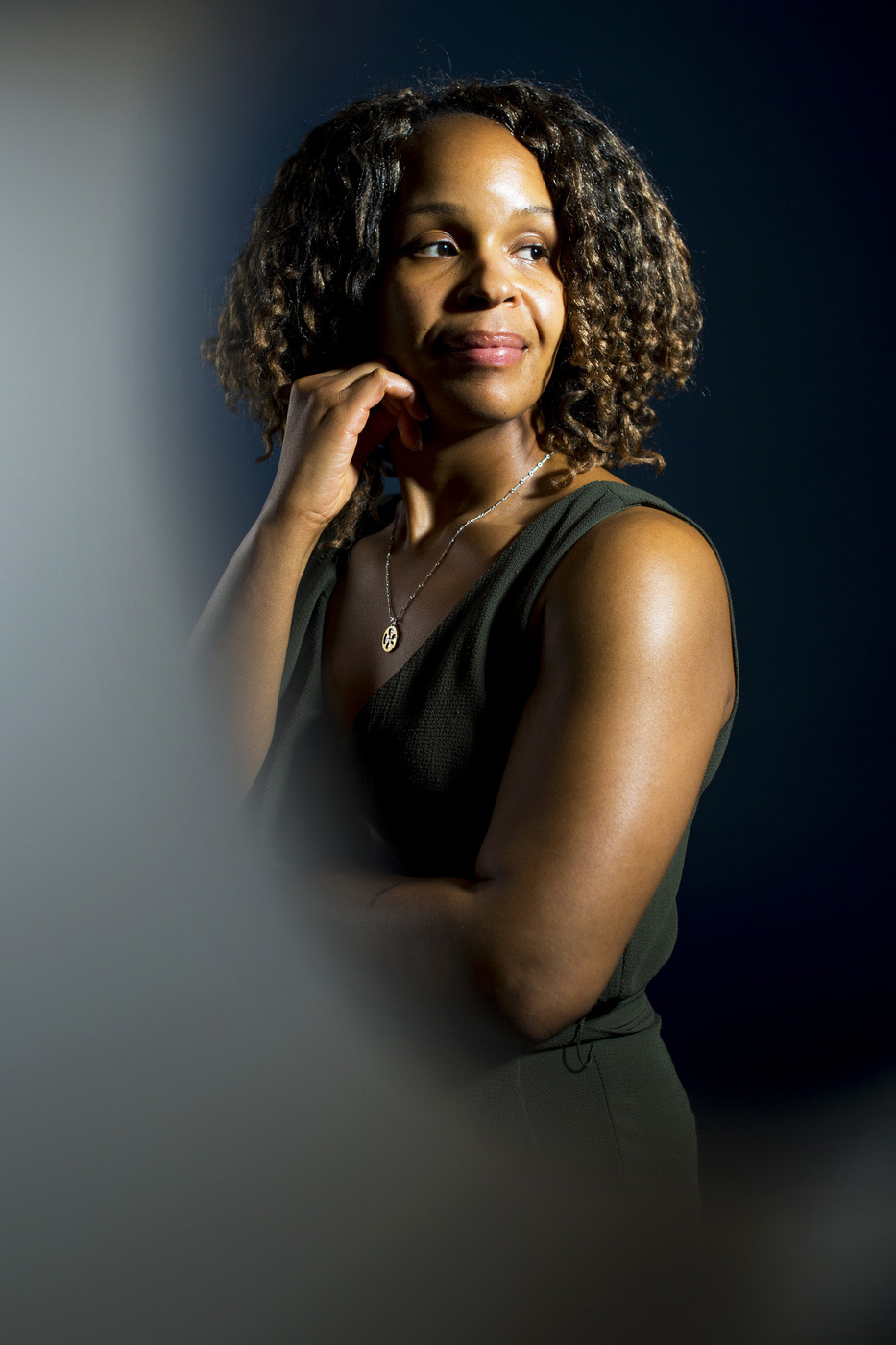What about the people who aren’t self-isolating?

Over the weekend, people in Chicago, New York, New Orleans, Boston, and elsewhere in the United States headed to restaurants and bars—flouting instructions to stay at home and avoid large groups in order to prevent the spread of COVID-19—to celebrate the St. Patrick’s Day holiday. Federal recommendations from the Trump administration on Monday to avoid such establishments and groups of more than 10 people have brought public life to something of a standstill, but why were earlier warnings from public health officials to avoid large groups and self-isolate not enough?

Tiffany Joseph is an associate professor of sociology and international affairs in the College of Social Sciences and Humanities at Northeastern. Photo by Adam Glanzman/Northeastern University
While there are likely many reasons, it might be fair to blame a sense of “rugged individualism” baked into the culture of the U.S., says Tiffany Joseph, associate professor of sociology and international affairs at Northeastern.
“For most of its history, the focus in the U.S. has been this story of the individual, of what can be accomplished individually,” Joseph says.
Think of the mid-19th century California Gold Rush: Prospectors from all over the country stampeded west for a chance to strike a big personal fortune, and wrought havoc in the makeshift mining towns that sprung up to accommodate them.
In 1922, future-president Herbert Hoover (he was the secretary of commerce at the time) published a book in which he posited that “Individualism has been the primary force of American civilization for three centuries.” He credited the pioneering spirit of U.S. citizens for having “evolved government without official emissaries to show the way; …plowed and sowed two score of great states; …built roads, bridges, railways, cities; [and] carried forward every attribute of high civilization over a continent.”
The title of his book? American Individualism.
Joseph says a call to stay home in order to prevent the spread of the disease to other people may fall on deaf ears in a country with such a strong “culture of individualism.”
“The culture is to think about ‘What can I do for me,’ rather than thinking about how the individual choices one makes impacts the larger country and community,” she says.
We may also be seeing a particularly strong reaction from young people to these drastic changes in public life, Joseph says. Public health and medical experts have said that children and young adults appear to be at a lower risk for serious health consequences if they contract the COVID-19, compared to older adults and those with other complicating health conditions (although this assessment, too, may be changing.) If young people don’t feel that they are at risk, they may be taking the threat less seriously.
Joseph says this wouldn’t be the first time young adults have heard the message that they’re generally healthier than their older counterparts, and responded accordingly. During the push to enroll people in a health plan under the Affordable Care Act, young people were particularly sought-after, because they’re typically less expensive to insure and therefore help to offset costs for people who have greater healthcare needs.
“Young people in general tend to think more about the present than the future—there’s a sense of invincibility,” Joseph says. This feeling of invincibility might have given younger people the sense that they had more leeway to take risks, she says.
There’s yet another way to think about why people may not have self-isolated yet, Joseph says.
“If there’s a perception that things [such as restaurants, bars, and other gathering places] are going to be shutting down soon, and it looks like normal life will be disrupted for some time, then there’s a sense of, ‘Before it happens, let me go out and enjoy the presence of other people,’” she says.
Joseph says these aren’t the only instances of an emphasis on the individual over the collective in the reaction to the COVID-19 pandemic.
“With the hoarding of particular items in grocery stores, like toilet paper and soap, there’s this notion of previous times in our history when there have been crises, and people decide, ‘I have to do what’s best for me,’” Joseph says.
For media inquiries, please contact Shannon Nargi at s.nargi@northeastern.edu or 617-373-5718.





